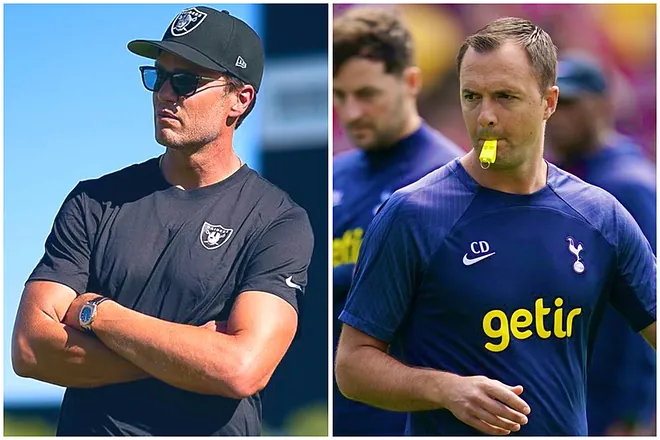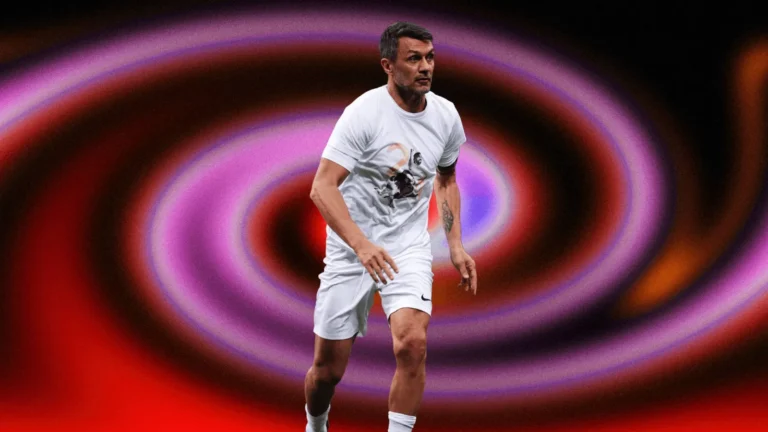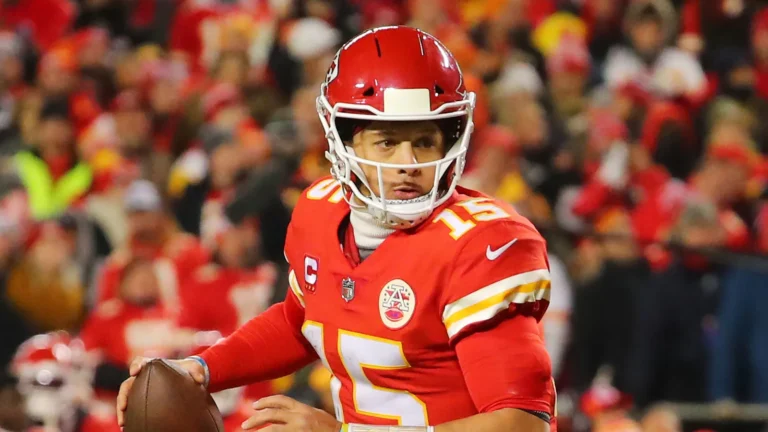Tom Brady’s transition from NFL icon to soccer club co-owner has been anything but smooth — but now, he may have found the ideal partner to bring his vision to life in Chris Davies, the current manager of Birmingham City FC.

From Frustration to Focus: Brady’s Rocky Start in English Football
Brady joined the ownership group of Birmingham City in 2023 with big ambitions. But under former manager Wayne Rooney, the club spiraled. A lack of direction and accountability led to relegation, a major blow for the historic English club.
In the “Built in Birmingham” docuseries, Brady didn’t hold back:
“We had guys who didn’t want to work. And we had a coach who didn’t drive them to.”
Rooney’s tenure, once filled with hope, became a cautionary tale. Brady, frustrated and eager for change, began involving himself more closely with football operations.
Chris Davies: The Culture Shifter
That change came in the form of Chris Davies, a former assistant at Liverpool and Tottenham, known for his tactical discipline and high-performance culture. Under Davies, Birmingham not only stabilized — they thrived.
- 111 points in his first full season
- Promotion back to the Championship
- A squad transformed by structure, accountability, and resilience
Brady calls Davies “his right hand on the field”, praising his consistency and attention to detail:
“Chris brings a professional standard every day. He holds the staff and players accountable.”
A Shared Vision: Discipline, Preparation, and Results
Both men value preparation over hype. For Brady, who dominated the NFL through sheer work ethic and competitive drive, Davies’ approach mirrors his own philosophy.
- Game plans reviewed via Zoom
- Direct communication between ownership and coaching
- A clear long-term vision for sustained growth
This alignment has led Brady to push back against calls for flashy hires or radical changes, preferring instead to build from within — just like he did during his New England Patriots dynasty.
Brady’s Bigger Play: Promotion-Relegation in U.S. Sports?
Brady’s experience with Birmingham City has also deepened his appreciation for promotion-relegation, something he now believes American sports lack.
“There should be consequences for poor performance… That’s how sports should be.”
He sees the pressure to perform week in and week out as vital for developing winning cultures, and believes that American leagues — including the NFL — could benefit from that same competitive structure.
What This Means for Birmingham City
Chris Davies has turned Birmingham from a cautionary tale into a redemption story, and Brady is now fully invested — emotionally and operationally.
The club’s rise back to the Championship isn’t just a comeback; it’s a proof of concept for Brady’s belief that elite sports values — preparation, culture, accountability — translate across disciplines.
Who is Chris Davies and why is Tom Brady backing him?
Chris Davies is a respected English coach with experience at Liverpool and Tottenham. Brady backs him for his structured, accountable, and high-performance leadership style — something that aligns with Brady’s championship mindset.
What went wrong with Wayne Rooney at Birmingham City?
Brady and others believed Rooney lacked the drive and control needed. The team was relegated under his watch, prompting ownership to make a change.
Has Birmingham City improved under Chris Davies?
Yes — the club earned 111 points and secured promotion in Davies’ first full season, showing significant cultural and tactical improvement.
Why is Tom Brady interested in promotion-relegation for U.S. sports?
After witnessing the stakes and intensity of English football, Brady believes American sports could benefit from greater consequences for underperformance to drive competitiveness.









